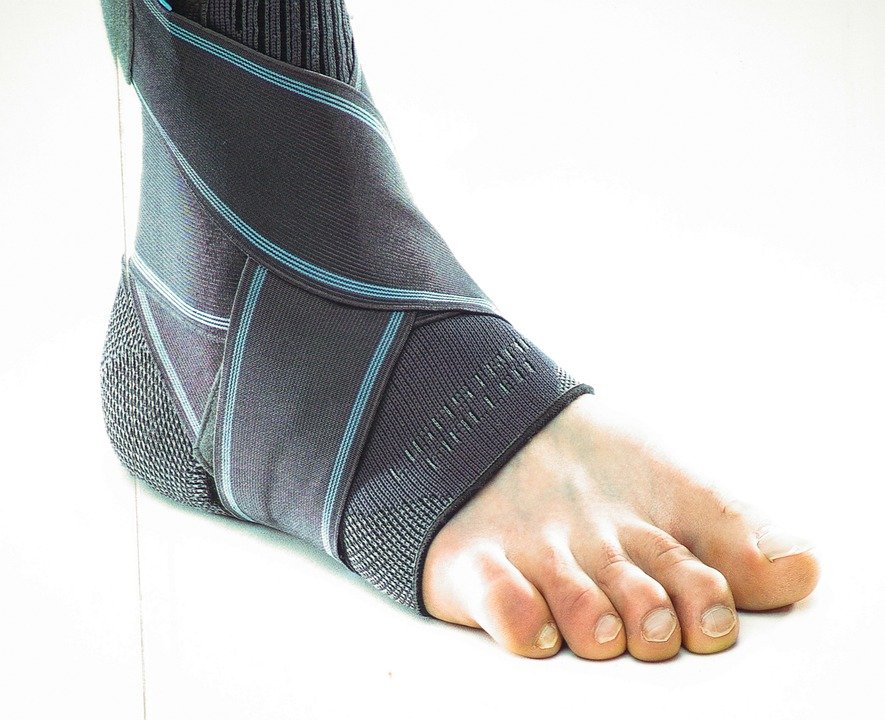
Courtesy- Pixabay
Scientists from Nanyang Technological University (NTU), Singapore have developed a new gel patch prototype that could speed up the healing of a skin wound while minimizing the formation of scars.
When fully developed, this healing patch could be a boon for diabetic patients, who suffer from hard-to-heal skin lesions and for patients undergoing surgery.
The team developed their patch enriched with Angiopoietin-like 4 protein to control the amount of scarring.
This protein was found to reduce inflammation in the early phase of wound healing in mice models. Later, it helps in the formation of new blood vessels and cell growth, and at the final phase, reduces scarring.
NTU already has a patent on the use of Angiopoietin-like 4 (ANGPTL4) in wound healing, which can be licensed to pharmaceutical companies.
The research team will further refine the gel formulation to improve its efficacy, before conducting further lab trials and eventually moving into clinical trials.




